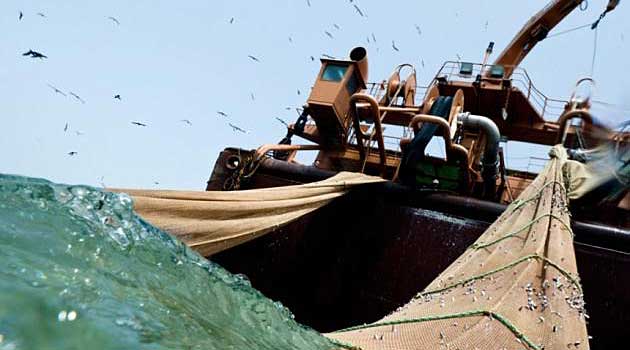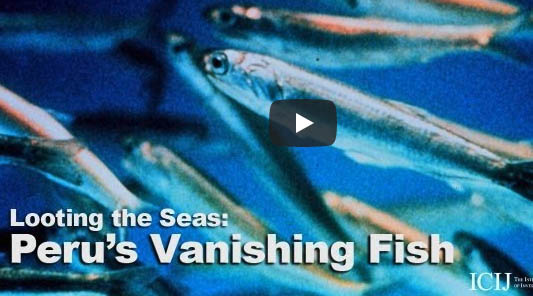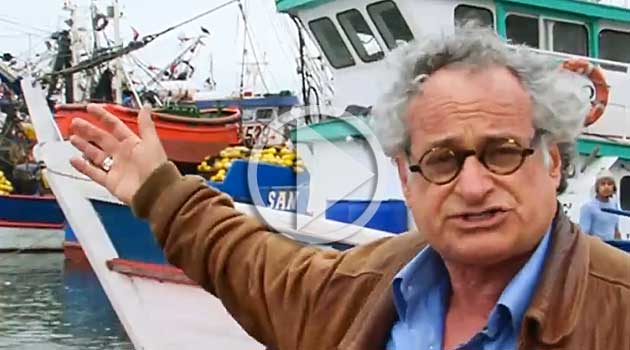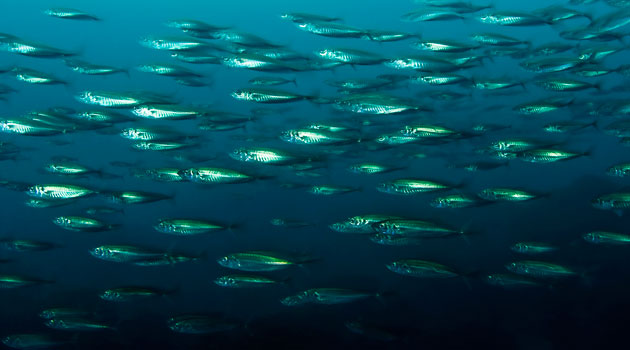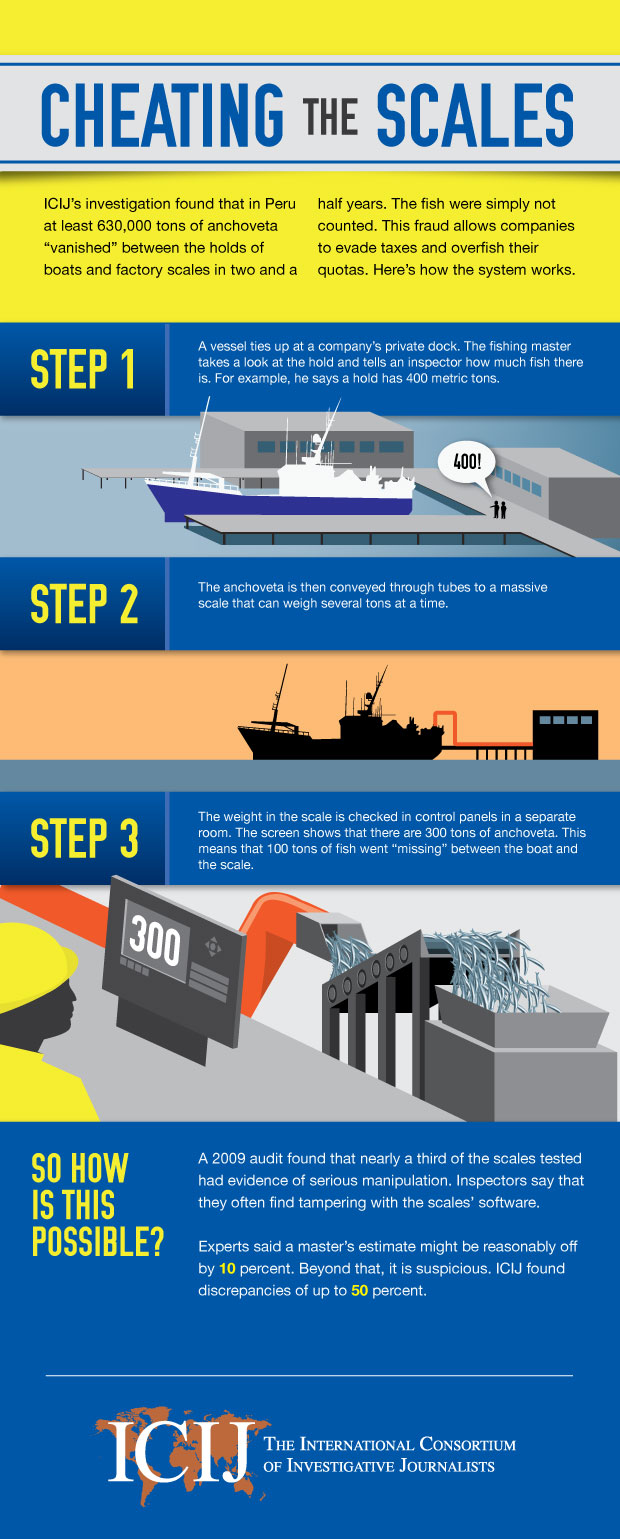An almost unanimous vote by Chilean legislators has cleared the way – after a six-year effort – for legally binding international measures to protect jack mackerel and other threatened fish across the southern Pacific, once among the world’s richest waters.
Chile’s Senate voted 26 to 0, with two abstentions, on June 14 to ratify the convention that governs the South Pacific Regional Fisheries Management Organization (SPRFMO), the organization charged with protecting fish stocks in the southern seas. The act now goes for signature to the Foreign Ministry and President Sebastián Piñera.
Chile was among the founders of SPRFMO in 2006 but did not ratify it. Without the support of eight countries, including an eastern coastal state, the organization’s quotas and directives were only voluntary, allowing a free-for-all among large industrial fleets from Asia, Europe and Latin America.
An investigation by the International Consortium of Investigative Journalists in January showed that stocks of jack mackerel, after dropping from 30 million tons to less than 3 million over two decades, were plummeting beyond collapse.
Jack mackerel might not be familiar at the supermarket fish counter, but you have probably eaten it unaware in bites of farmed salmon. Much of jack mackerel is reduced to feed for pigs and aquaculture. It can take more than 5 kilos of jack mackerel to raise a single kilo of salmon.
The ICIJ investigation – published in The International Herald Tribune and Le Monde, among other media – revealed that national interests and geopolitical rivalry had blocked efforts since 2006 to ratify the convention that could impose binding regulations. After a crucial SPRFMO meeting early this year in Santiago, under worldwide scrutiny, governments finally took action.
Korea and Russia, both major players in the jack mackerel fishery, ratified the accords in April and May. The Chilean parliament debated for months and then took the deciding step. When the convention enters into force –thirty days after the ratification documents from Chile are received by SPRFMO officials – quotas will be mandatory and vessels that flout the rules will be penalized.
Greenpeace, which has campaigned hard for years in Chile, issued a triumphant statement under the large headline: “Victory.”
Duncan Currie, an international environmental lawyer who has militated at SPRFMO meetings since its beginnings, said Chile’s accord would likely force Peru to ratify. That would give SPRFMO more leverage over the world’s largest factory ship, Lafayette, Russian-flagged but owned by Pacific Andes of Hong Kong, which has substantial operations in Peru.
The first meeting of the ratified SPRFMO will be in late January 2013 in Auckland, New Zealand.
